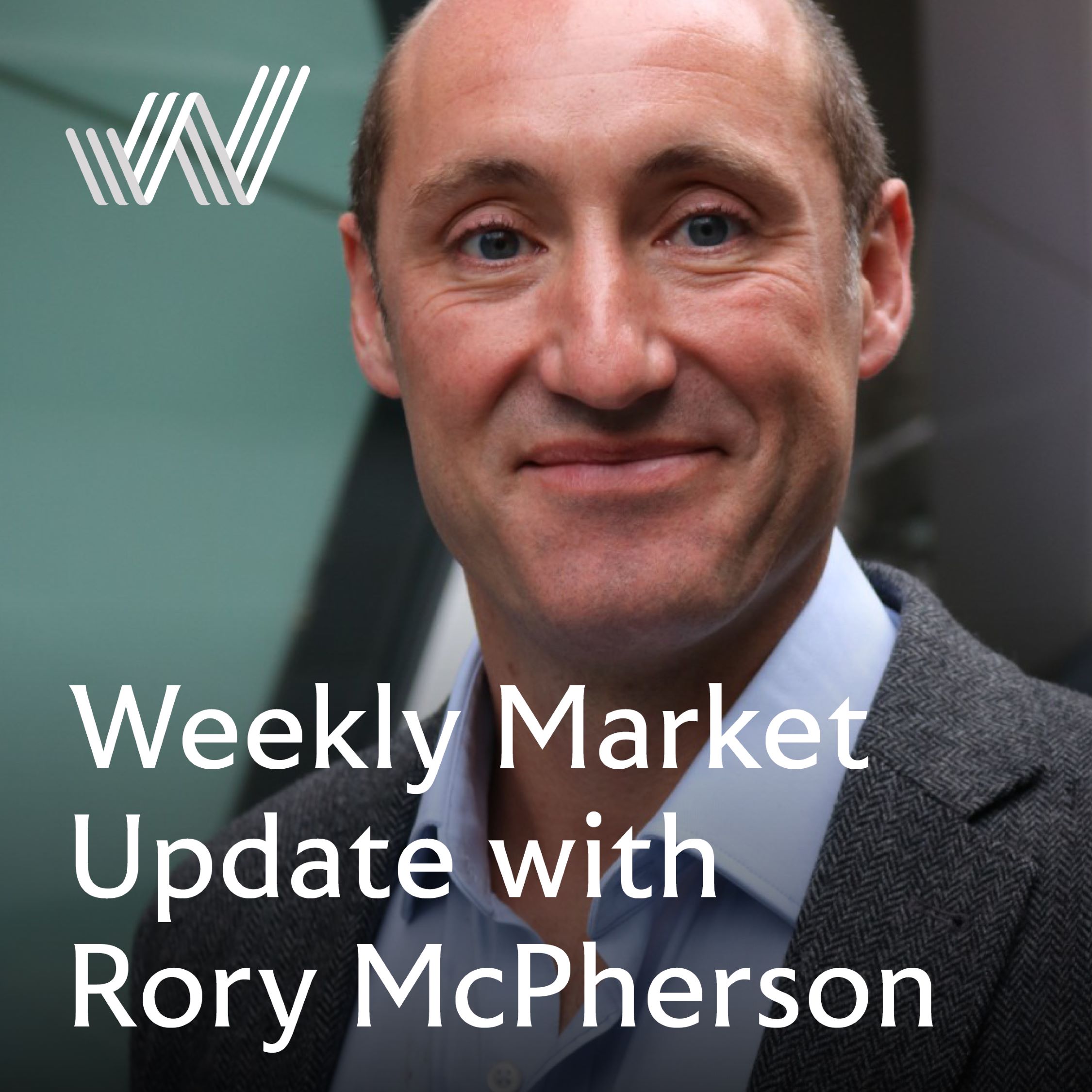Last night (2nd April 2025) saw President Trump unveil his highly-anticipated “liberation day” tariffs.
Many of these had already been priced into markets but it is fair to say that they came in at the extreme end of what was expected.
Markets are still digesting the impact but are generally lower on the news.
“Sit back, take a deep breath, don’t immediately retaliate” were the words of Trump’s Treasury Secretary Scott Bessent (in his message to other countries). Sage words and ones that we’d echo in our message to our clients, with “don’t panic” being swapped for “don’t retaliate”.
President Trump’s moves have a follow through to US growth, with uncertainty rising along with risks of recession. Indirectly, this puts pressure on the US Federal Reserve to make cuts to interest rates: something Trump has advocated for: posting on Truth Social on 20th March that the Fed would be “MUCH better off CUTTING RATES”. Trump clearly doesn’t mind cracking a few eggs in order to get his growth omelette, but the bond markets have now moved to price in four interest rate cuts by US policy makers over the course of the next year. That’s two more than they were pricing just a few months ago.
We believe any slowdown in the world’s biggest economy would be short-lived and any recession would be shallow because:
- Consumers have the strongest household balance sheets in over 20 years (and have been increasing their savings rates of late)[i]
- Corporates are in strong position: their borrowing costs have not spiked, their earnings have been good and they’ve not been issuing huge amounts of new debt. Any reduction in interest rates would be advantageous to Corporates too.
- Interest rates are relatively high with room to go lower if needs be (as is now being priced by the market)
- There is a whopping $7.2 trillion of cash in US money market funds[ii]: lower interest rates and lower stock market levels might well tempt this cash back into markets.
Liberation Day has made a big impact on markets, but it should not be cause for panic. Equity market sell-offs, whilst uncomfortable, are not uncommon for stock markets. They’re part of the ebb and flow of markets and any positive movement on tariffs in the coming months is likely to have a positive read-through to market movements.
Keep calm (again)
At this stage, it’s very difficult to be sure on where the impact of the tariffs will be felt hardest, either by market sector or economy, and, given the unpredictable nature of the current US administration, what could happen next.
A week used to be a long time in politics, but a day feels more accurate now. That’s why holding a globally diversified investment portfolio that invests for long-term growth is so important. It rides out temporary volatility and means when markets spike upwards, gains can be made.
IMPORTANT:
The value of investments and the income from them can go down as well as up and you could get back less than you invested. Past performance is not a reliable indicator of future performance.
The content of this article is not intended to be or does not constitute investment research as defined by the Financial Conduct Authority. The content should also not be relied upon when making investment decisions, and at no point should the information be treated as specific advice. The article has no regard for the specific investment objectives, financial situation or needs of any specific client, person, or entity.
[i] https://blogs.deloitte.co.uk/mondaybriefing/2024/08/the-new-sober-british-consumer.html
[ii] https://www.ici.org/news-release/money-market-funds-hit-seven-trillion#:~:text=March%206%2C%202025-,ICI%3A%20Money%20Market%20Fund%20Assets%20Hit%20Record%2DSetting%20%247%20Trillion,week%20ended%20Wednesday%2C%20March%205.







